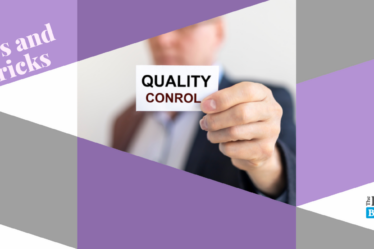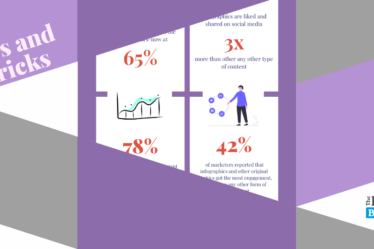
The pandemic brought dramatic changes for many people worldwide, but it also became a catalyst for the evolution of the professional network. Today, authenticity is a merit and vulnerability – power.
This statement has been reaffirmed quite a lot in the past year or so, including through a LinkedIn post that became viral several months ago. Jonathan Frostick, Strategic Advisor at a computer software company, shared the lessons learned after a heart attack he had. His post had nothing to do with his achievements, skills or thought leadership, but revealed his vulnerability as a human being.
People were interacting around the world – from Brazil to Australia, Europe… saying this is resonating with me, it changed my life, he said at the Financial Times podcast, hosted by Isabel Berwick.
LinkedIn has stopped being a platform where one logs in with the sole intent to find a job or hire employees, long time ago. Today, the professional network is a place where meaningful conversations take place, endless opportunities for collaboration emerge and quality overwhelms quantity. All this is possible due to the human beings creating the ethos of the LinkedIn community. Therefore, shedding some light on the struggles one experiences usually has a beneficial outcome since it humanises the businessperson.
I started making myself vulnerable probably in 2020 because it was becoming exhausting to go to work and not be who I am as an individual. I think what is happening now is that we and our use of social media evolve, adds Frostick.
Blurring the boundaries between our professional and personal lives is something that can mean a lot to us and other people. However, it should be done with care – revealing our vulnerability should not be at the expense of our employer’s or colleagues’ self-esteem.
You can listen to the whole episode of the Financial Times podcast here.
Contact our team if you want to discuss the topic further or if you need professional help for your or your company’s presence on LinkedIn.



